Bread often stands as a staple in many diets, but not all loaves are as nourishing as they appear. While some breads boast a health-conscious label, their nutritional profiles tell a different story.
This list explores 10 breads that seem healthy but aren’t, along with 5 to avoid altogether. Delve into whether your favorite bread is truly a wise choice and discover some surprising facts along the way.
1. Sunbeam Enriched Old-Fashioned
Sunbeam Enriched Old-Fashioned bread might evoke nostalgia with its traditional branding, but its ingredients list is far from wholesome. Though marketed as enriched, it’s packed with refined flour and unhealthy additives.
The soft texture and taste appeal to many, yet they mask a lack of nutritional benefits. Interestingly, this bread contains added sugars that contribute to its appealing flavor, but not to your health. Consider opting for breads with whole grains and fewer artificial ingredients. Question the real value behind its iconic packaging.
2. Pepperidge Farm Soft White
While Pepperidge Farm’s Soft White bread suggests comfort and quality, it’s not the healthiest choice. This bread is made with refined grains, stripping away essential nutrients. Despite its inviting softness, it’s best to be cautious as its nutritional value is compromised.
You might be surprised to know that this bread contains preservatives to maintain freshness, which isn’t ideal for health-conscious individuals. Explore alternatives with whole grains to nourish your body better. It’s remarkable how taste can sometimes deceive our health instincts.
3. Wonder Classic White Bread
Wonder Classic White Bread is often a familiar sight in households, yet its health benefits are questionable. Packed with refined flour and additives, it lacks the fiber and nutrients found in whole grain breads.
This product’s longevity on the shelf can be attributed to preservatives, raising health concerns. Surprisingly, despite its white and fluffy appearance, it’s far from a healthy choice. Opt for whole grain options that provide essential dietary fibers. The simplicity of its look doesn’t translate to nutritional goodness.
4. Arnold Country White
Arnold Country White might sound rustic and wholesome, but its nutritional profile is disappointing. Made primarily from refined grains, it lacks the whole grains that offer essential nutrients. Its appealing texture is a result of additives which may not support a healthy diet.
Interestingly, this bread is often chosen for its taste, yet it’s a misstep if nutrition is your goal. Seek alternatives with whole grains for a truly nourishing slice. Sometimes, the name doesn’t reflect the bread’s quality.
5. Great Value White Sandwich Bread
Great Value White Sandwich Bread promises affordability but falls short on health. Comprised mainly of refined flour, it misses out on vital nutrients and fibers. While its budget-friendly price tag attracts many, the nutritional compromises are significant.
Despite its soft and inviting texture, this bread is not the ideal choice for health enthusiasts. Look for options that list whole grains as the primary ingredient. Affordability doesn’t always align with nutritional value, making it vital to read labels carefully.
6. Nature’s Own Butterbread
Nature’s Own Butterbread tantalizes taste buds with its rich, buttery flavor, but don’t let that deceive you. Its nutritional content is less than desirable, with refined flour as a key ingredient. Though it offers a comforting taste, it’s not the healthiest option available.
This bread’s allure lies in its softness and flavor, which many find hard to resist. However, choosing whole grain breads can provide better nutrition without sacrificing taste. Sometimes, flavor comes at the cost of nutritional value.
7. Bunny Soft-Twist Bread
Bunny Soft-Twist Bread attracts with its soft texture and mild taste, yet it’s not the healthiest option. Made with refined flour, it lacks the essential nutrients present in whole grain alternatives. Despite its appealing presentation and taste, it doesn’t contribute significantly to a balanced diet.
It’s interesting to note how some breads market texture over nutrition. Exploring whole grain options can lead to better dietary choices. The gentle twist of this bread belies the nutritional twist you may want to avoid.
8. Martin’s Potato Bread
Martin’s Potato Bread is a beloved choice for its unique taste and texture, but it may not be the healthiest. Rich in refined flour and sugars, it lacks the dietary fibers of whole grain breads. While its potato-infused flavor entices many, it’s not ideal for health-focused diets.
Consider exploring alternatives that emphasize whole grains for a more wholesome option. Even though it’s deliciously different, its nutritional value leaves much to be desired. Enjoyment doesn’t always equate to healthiness.
9. Sara Lee Honey Wheat
Sara Lee Honey Wheat may sound wholesome, but it’s misleading nutritionally. Incorporating refined flour, it doesn’t provide the benefits of whole grains. The sweet touch of honey masks an otherwise nutritionally lacking bread.
Despite its enticing name and taste, it’s not the best option for those watching their health. Opt for breads that have whole grains as their primary ingredient for a healthier diet. Sweetness and health are not always synonymous, making it crucial to check the ingredient list closely.
10. Aldi’s L’oven Fresh White Bread
Aldi’s L’oven Fresh White Bread showcases affordability but falls short in nutrition. Primarily made from refined flour, it lacks the fibers and nutrients found in healthier options. Its soft, airy texture appeals to many, yet it doesn’t offer the nourishment needed for a balanced diet.
The low cost is tempting, but investing in whole grain alternatives can be more beneficial in the long run. Pricing shouldn’t be the only factor; nutritional content is key to making informed choices.
11. Merita Old-Fashioned White
The nostalgic appeal of Merita Old-Fashioned White bread can be strong, yet it’s not a wise health choice. Composed of refined flour, it lacks the nutritional punch of whole grains. Despite its comforting appearance, this bread is best avoided by those conscious of their dietary intake.
Consider looking for breads that list whole grains as their main component for better nutrition. Sometimes, classic doesn’t mean beneficial when it comes to health. Evaluation of ingredients is crucial for healthier living.
12. Kroger Enriched Sandwich Bread
Kroger Enriched Sandwich Bread might suggest added nutrients, but its base of refined flour tells another tale. It offers little in terms of dietary fiber, essential for a balanced diet. Despite its enriched label, the added nutrients don’t compensate for what’s stripped away during processing.
Exploring bread options with whole grains can provide a more nutritious alternative. The word “enriched” can often be misleading, suggesting more health benefits than present. It’s vital to scrutinize labels for true nutritional value.
13. Bimbo Soft White Bread
Bimbo Soft White Bread is a common staple, yet its nutritional shortcomings are evident. Made primarily of refined flour, it lacks the fiber essential for a healthy diet. The softness that many find appealing is achieved at the expense of nutritional quality.
Opting for bread with whole grains can ensure a healthier intake of essential nutrients. The comforting texture can be deceptive, masking a lack of wholesome ingredients. Making informed bread choices can lead to improved dietary habits.
14. Hostess White Bread
Hostess White Bread might remind one of childhood sandwiches, yet its nutritional profile is lacking. Composed mainly of refined flour, it misses the mark on fiber and essential nutrients. The softness and nostalgic appeal don’t make up for its nutritional deficiencies.
Switching to options that include whole grains can offer a more balanced diet. Childhood memories aside, the health implications are vital to consider. Nostalgia shouldn’t cloud the importance of choosing nutritious bread.
15. Food For Life Raisin Ezekiel Bread
Food For Life Raisin Ezekiel Bread might seem like a health staple but isn’t without its drawbacks. Despite being sprouted, it contains added sugars that may not align with all dietary goals. The inclusion of raisins adds sweetness but also extra sugar content, which needs consideration.
Exploring bread that balances taste with nutritional benefits can be more advantageous for those watching sugar intake. Not all healthy-sounding breads are equally beneficial, so ingredient scrutiny is necessary. Look beyond the name for true health benefits.
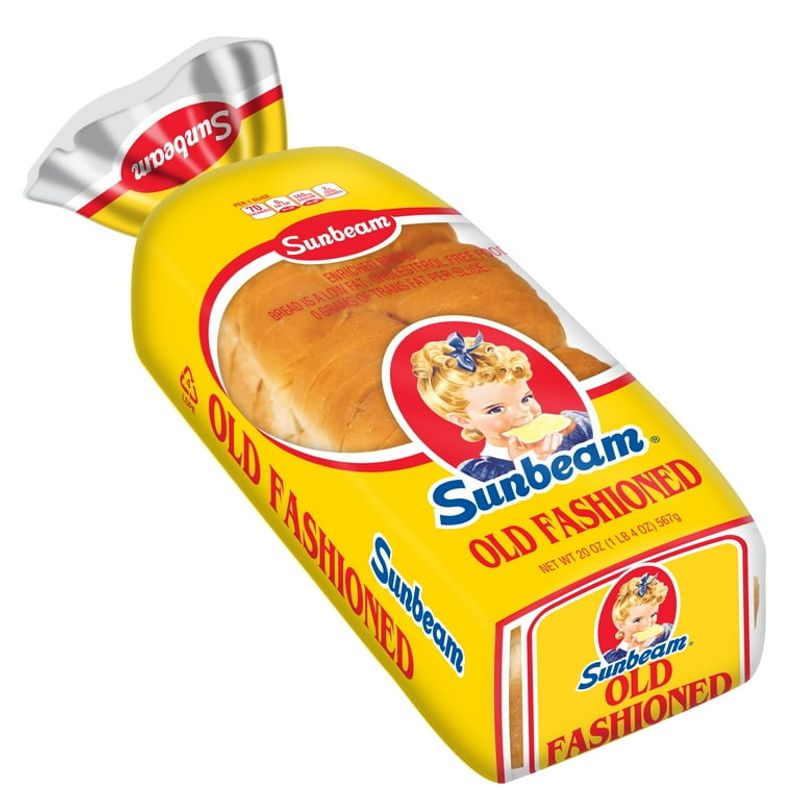
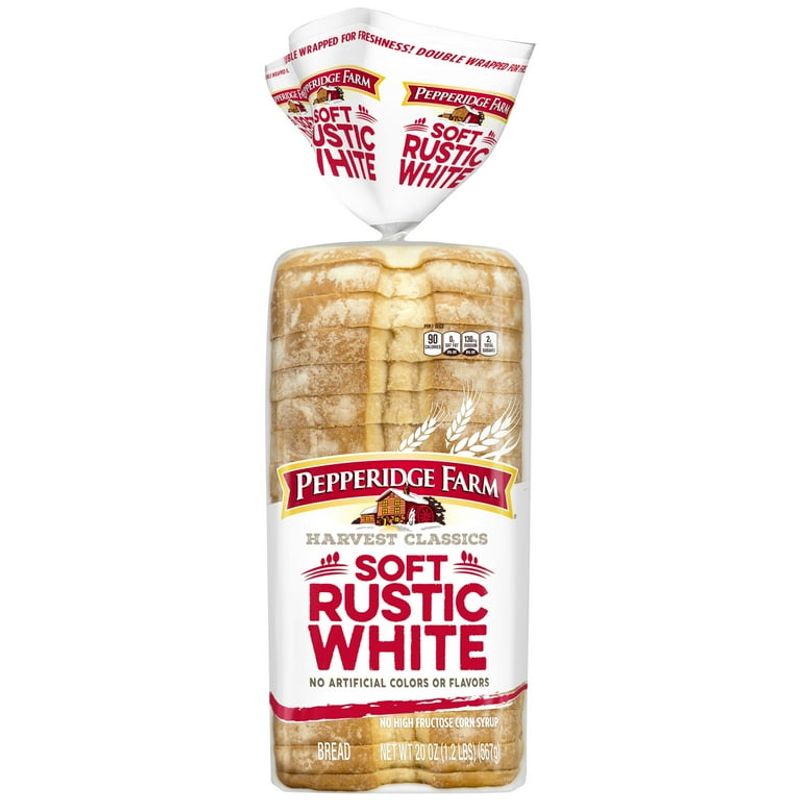
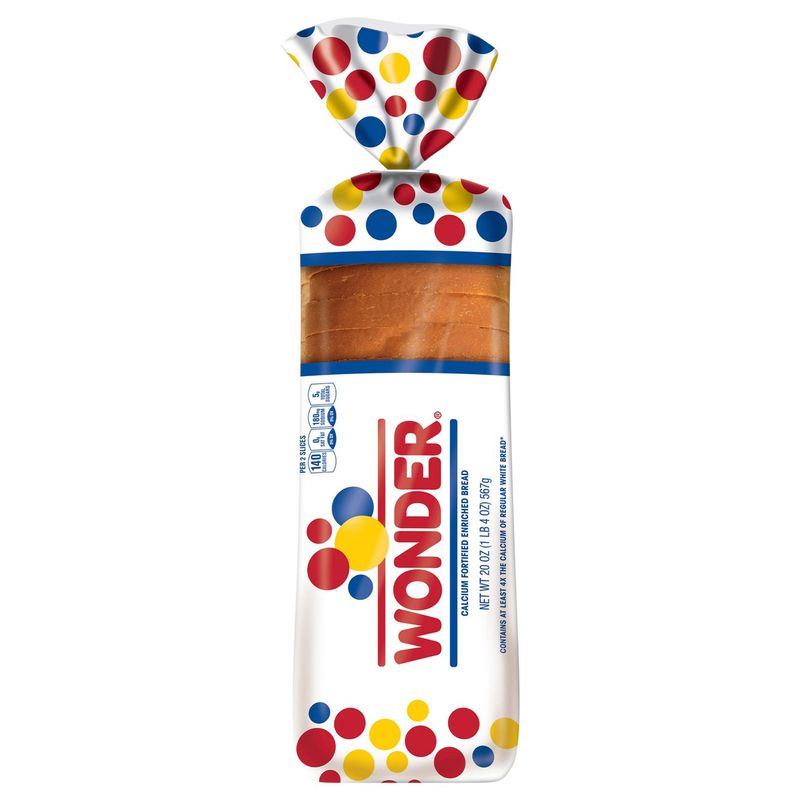
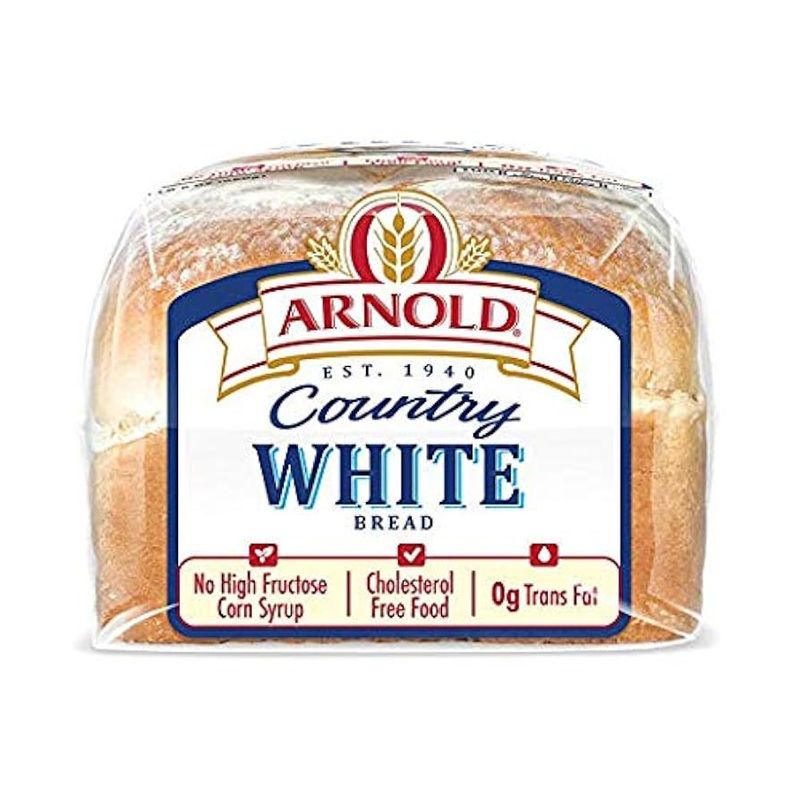
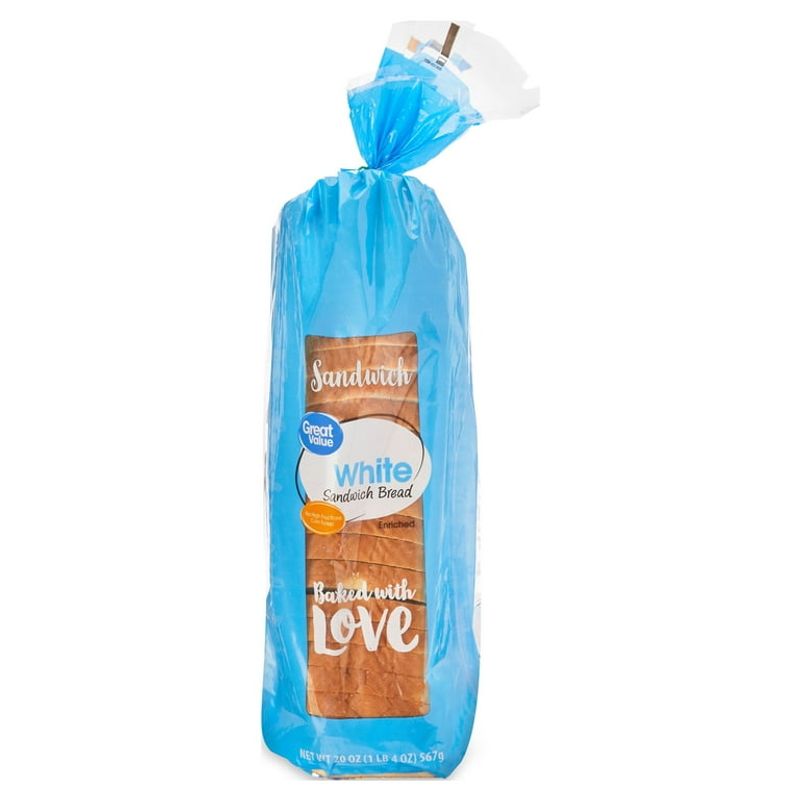
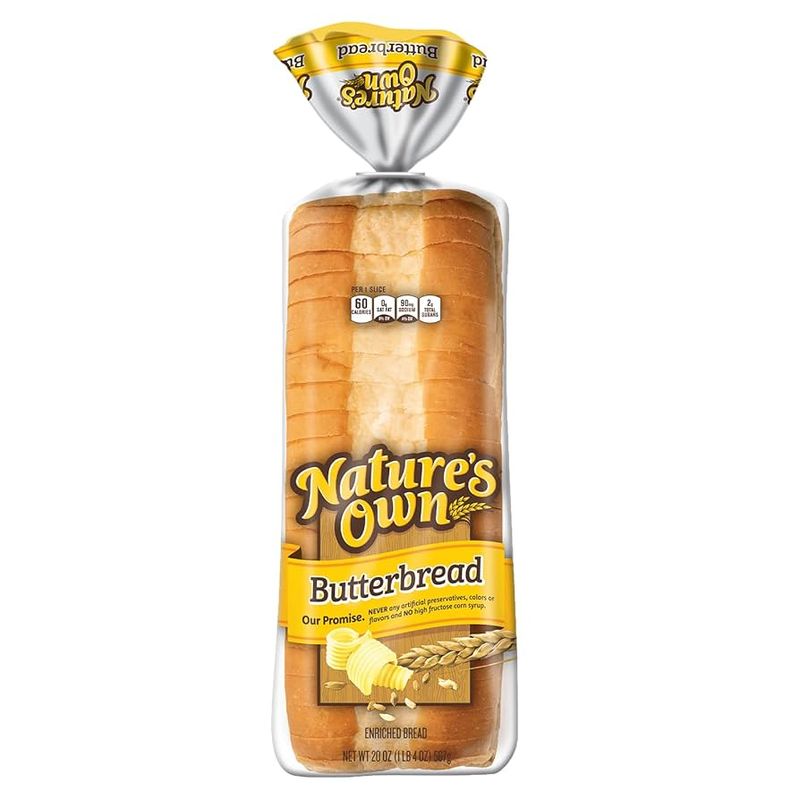
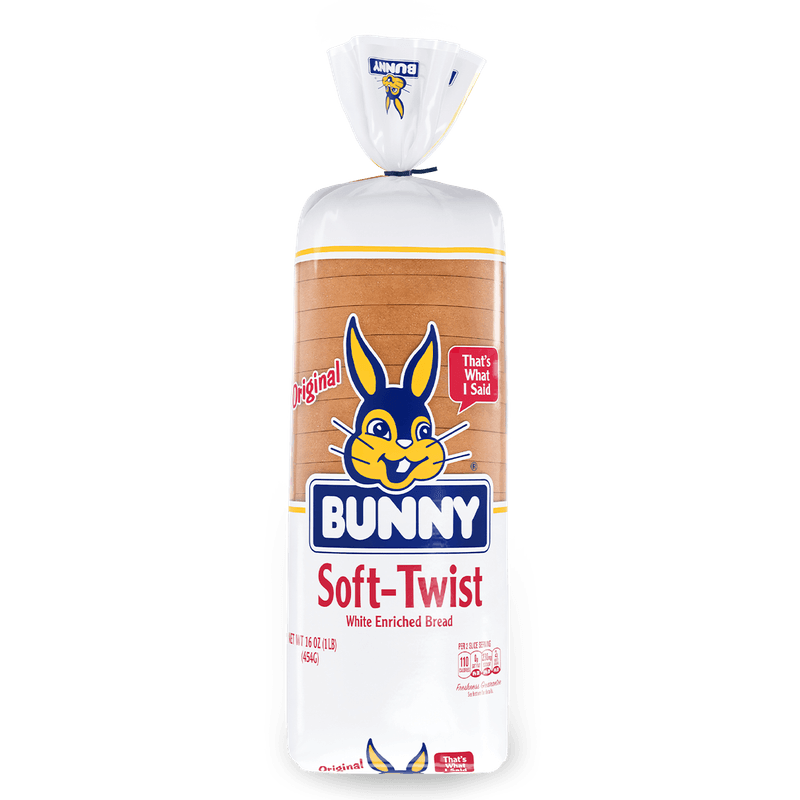
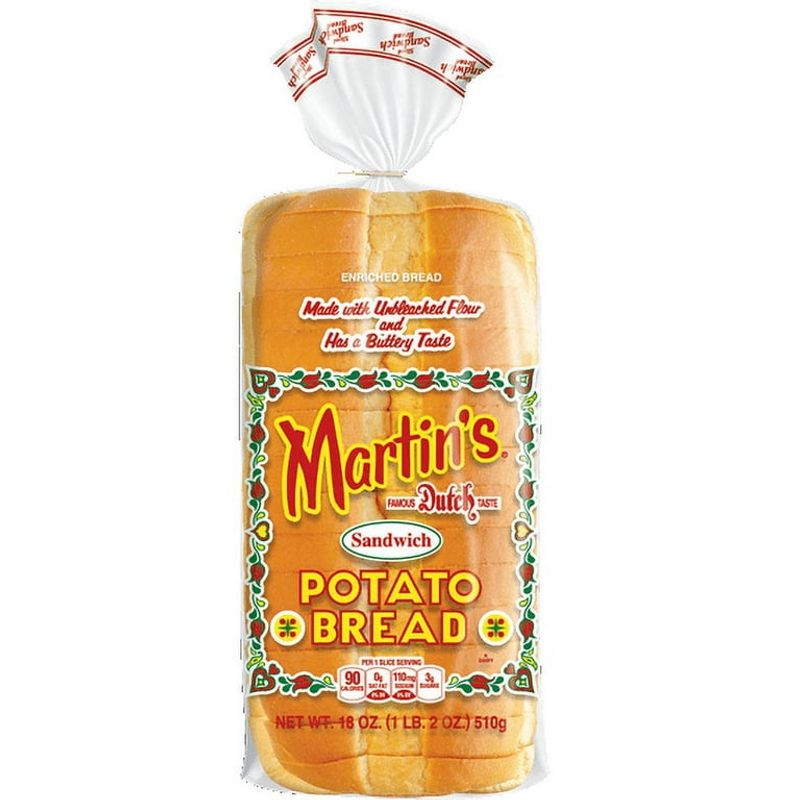
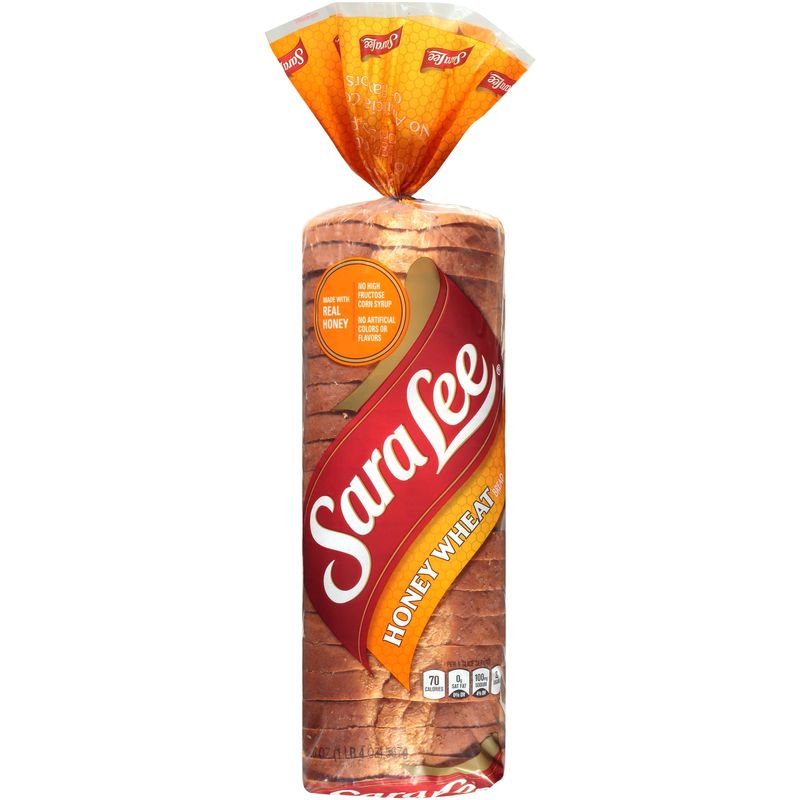
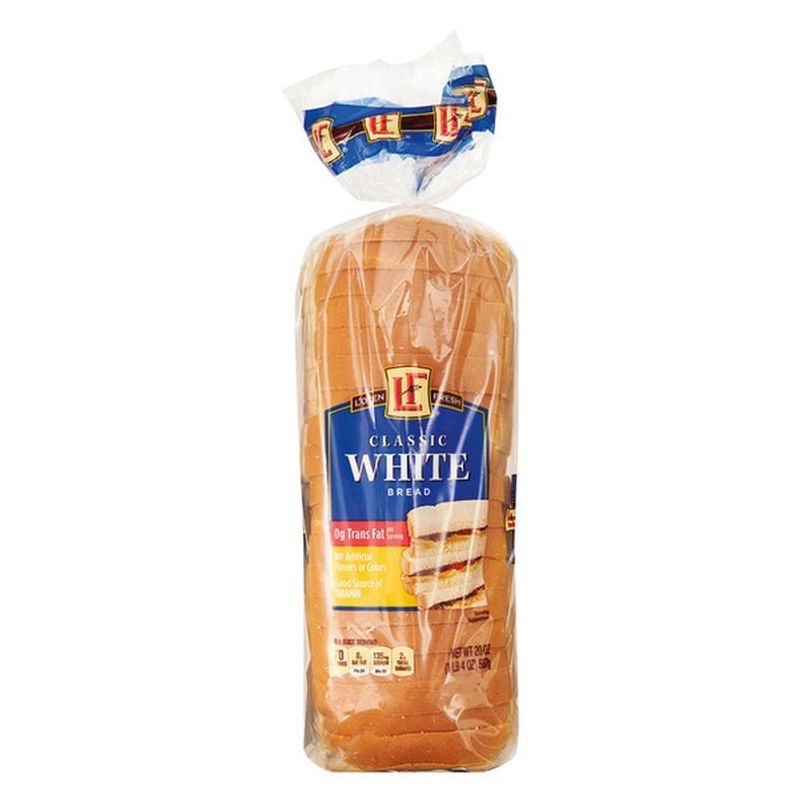
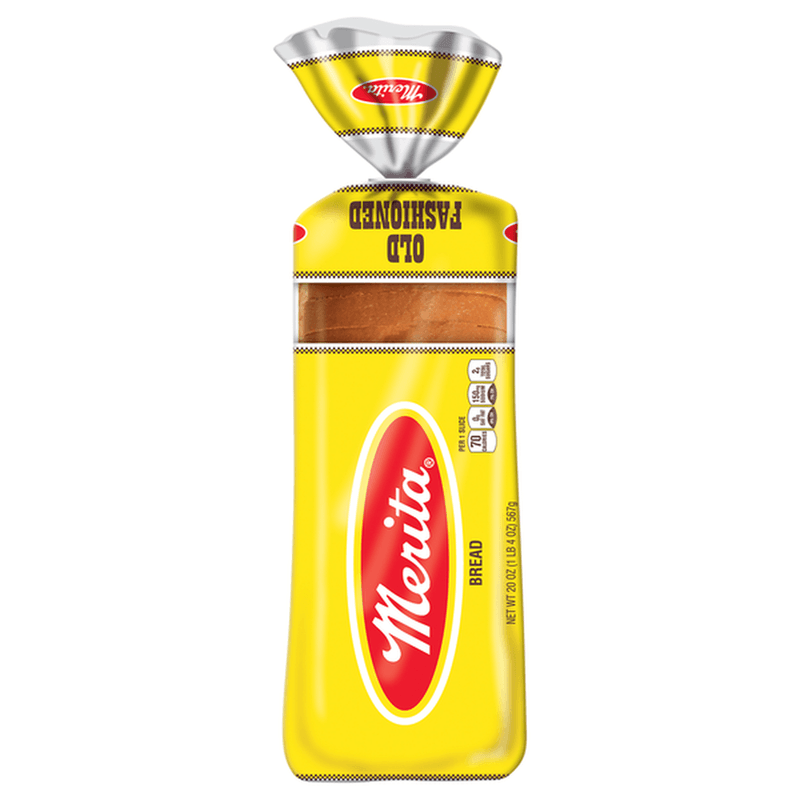
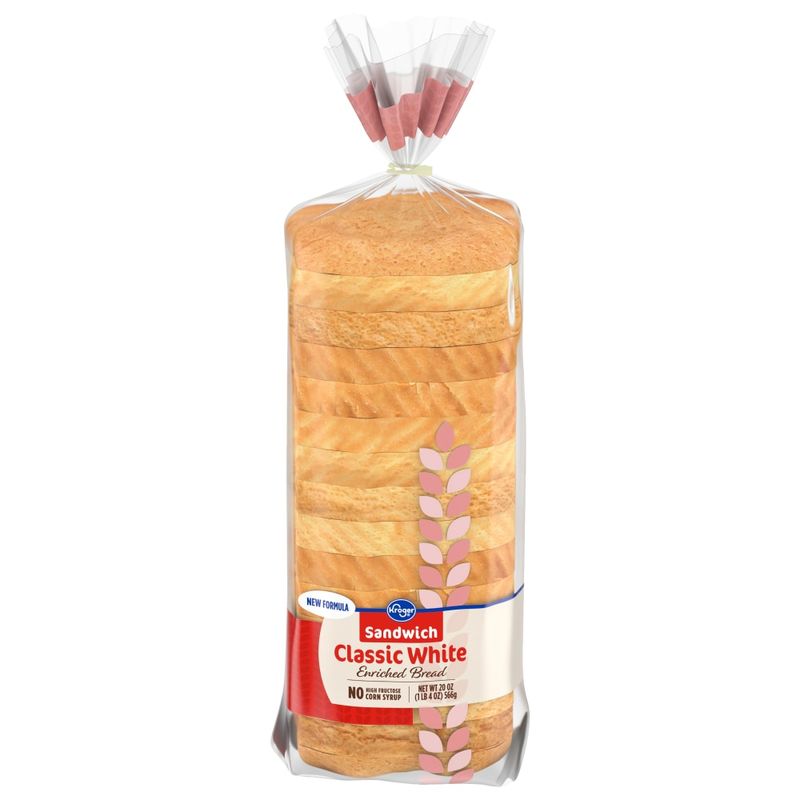
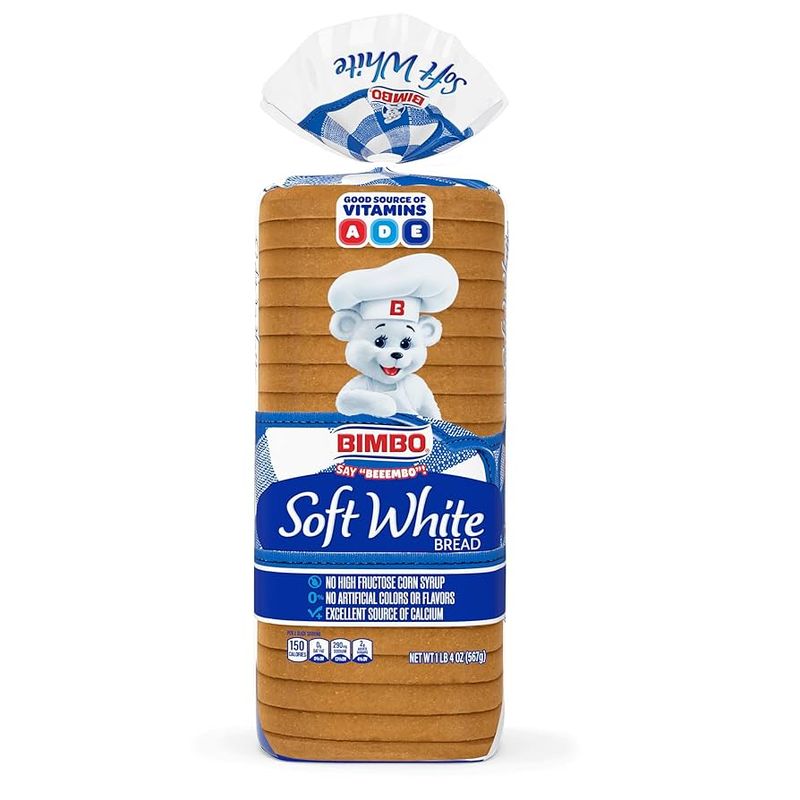
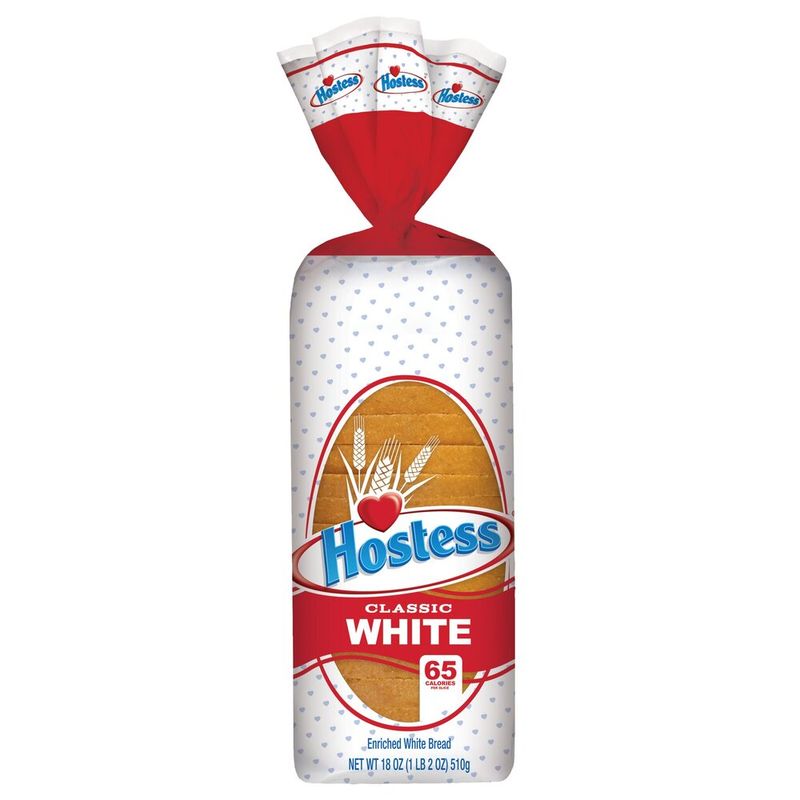
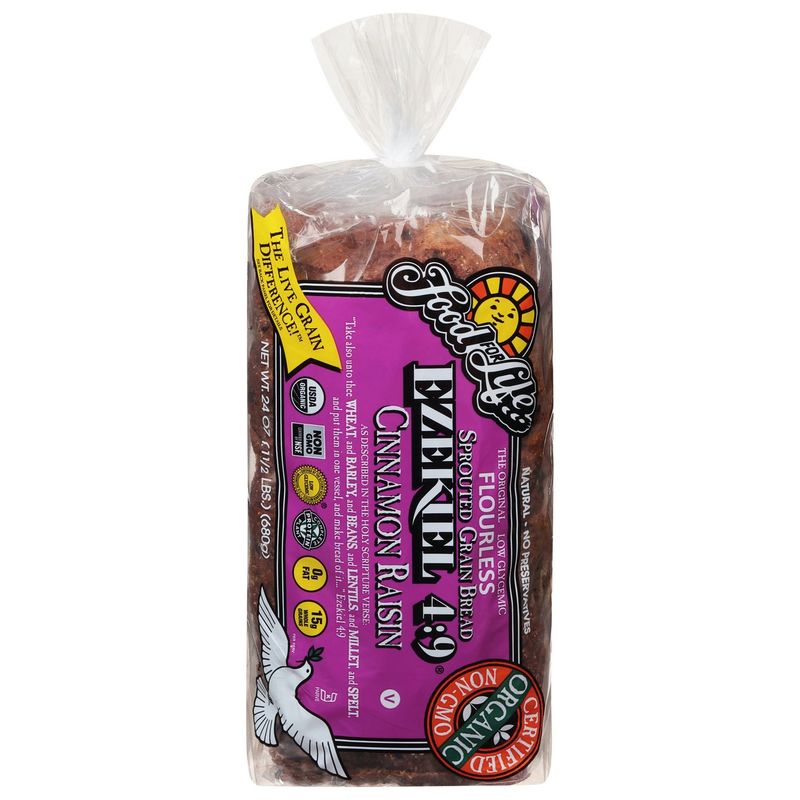
Leave a comment